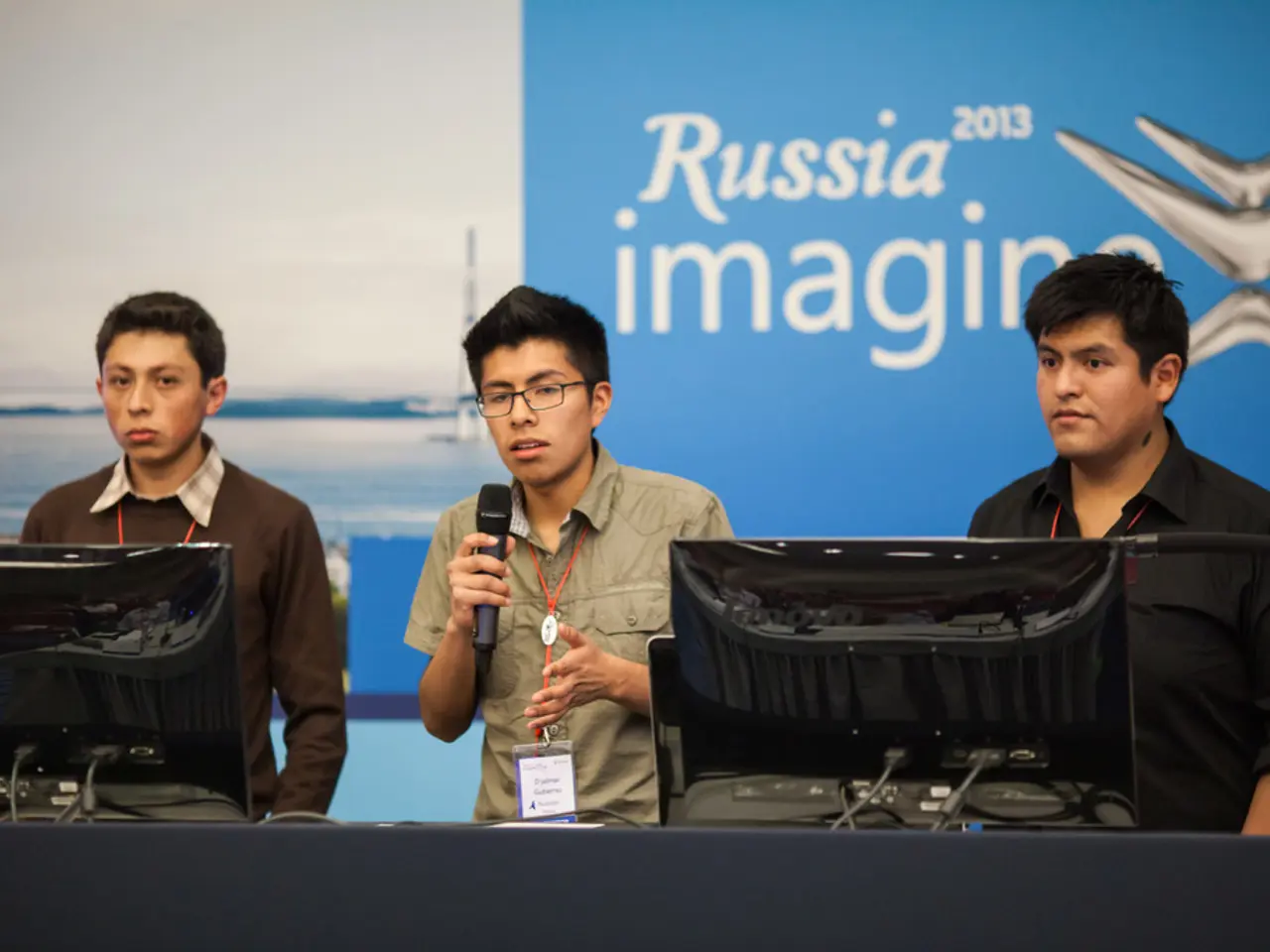U.S. Strategy Triumph: Brokered Peace Accord between Azerbaijan and Armenia
The Trump Corridor, also known as the TRIPP corridor or Trump Route, is a significant new transit route that connects mainland Azerbaijan to its exclave Nakhchivan through Armenian territory, bypassing Iran. This US-backed project is set to have deep geopolitical impacts in the South Caucasus, altering regional connectivity and power balances.
USA
The corridor marks a renewed American strategic engagement in the South Caucasus. The USA has secured a foothold within Armenia’s legal framework for the corridor's operation, fostering a new trade and transit route cross-regionally. This initiative enhances US influence in a region traditionally dominated by Russia and indirectly challenges Iranian transit routes.
Russia
The emergence of the Trump Corridor undermines Russia’s long-standing regional dominance and peacekeeping role in the South Caucasus. Russia’s influence is diminished as the US takes operational control of a crucial transit corridor, weakening Moscow's ability to mediate conflicts and maintain its strategic buffer.
Iran
Iran faces significant strategic losses. The corridor circumvents Iranian territory, severing its control and revenue from transit trade between Azerbaijan and Nakhchivan. Tehran fears it will lose access to the Black Sea and broader trade markets, face exclusion from significant regional corridors, and see NATO encroach near its northern borders through American and allied presence.
Turkey
The corridor strengthens Azerbaijan’s strategic link to Turkey, solidifying Ankara's influence in the South Caucasus. The route boosts East-West trade flows involving Turkey and Central Asia, complementing Turkey’s ambitions as a regional power broker.
In summary, the Trump Corridor shifts the South Caucasus from a historically Russia-Iran dominated transit zone into an arena where the US and Turkey expand influence, challenging Russia and Iran's strategic positions. This realignment increases tensions, with Iran opposed to the corridor and Russia’s regional authority weakened, making future regional security and diplomatic equilibrium more precarious.
The agreement between Armenia and Azerbaijan is less a final point than a cleverly placed intermediate accord, as potential flashpoints remain. The conflict over the Zangazur Corridor, a transit connection through the Armenian region of Syunik to Azerbaijan’s exclave of Nakhichevan, was effectively decided militarily in 2023. The strategic significance of the Sangesur Corridor extends beyond regional trade, as it will become part of an energy network that Ankara, Baku, and Washington are deliberately expanding. The "Trump Corridor" could secure and expand energy flows from Azerbaijan to Europe, reducing dependence on Russian supplies.
President Recep Tayyip Erdogan played an active role as a mediator in the run-up to the Armenian-Azerbaijani peace agreements, further highlighting Turkey's growing influence in the region. Azerbaijan is pragmatically seeking new partners, and the dissolution of the OSCE Minsk Group seals the end of Russia-dominated conflict formats in the region. The peace agreement between Armenia and Azerbaijan is a geopolitical signal against Moscow, as it erodes Russia's authority in the South Caucasus. The real expansion of the "Trump Corridor" will determine whether it will go down in history as the beginning of a stable peace order or as a brief section on the way to new tensions.
Read also:
- Court petitions to reverse established decision on same-sex marriage legalization
- Trump's enforcement actions in Washington D.C.: Insights from the political arena
- Chinese Ambassador issues stern message to India regarding Trump's tariffs in midst of escalating trade feuds
- Aircraft collides with another one on the runway during landing at Montana airport, igniting flames







